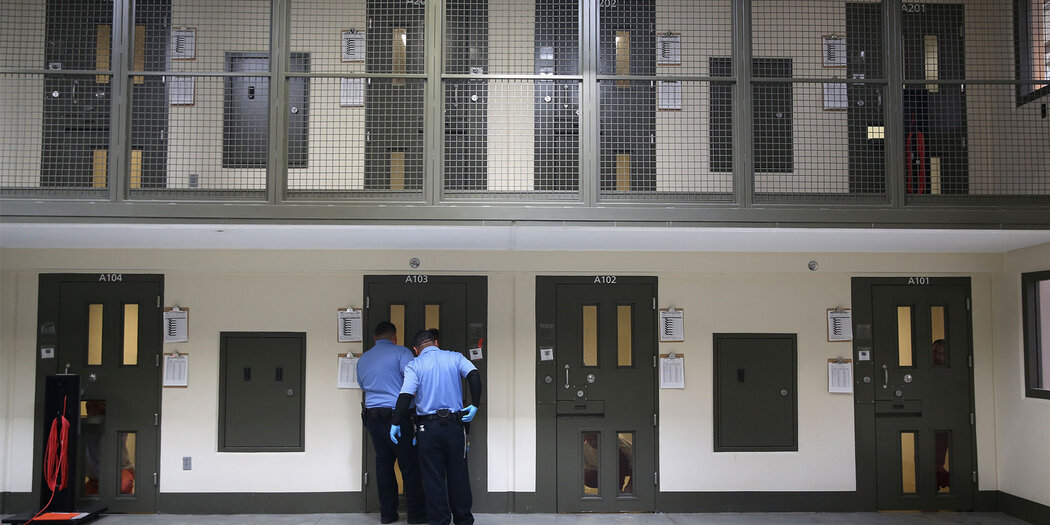Private Prison Stocks Surge with Trump’s Election and Immigration Policies
In the aftermath of Donald Trump’s election as president, stock prices for the nation’s largest private prison companies, GEO Group and CoreCivic, have seen significant increases. This trend continued following Trump’s appointment of Tom Homan, known for his immigration enforcement role during Trump’s first term, as “border czar.” Homan’s statement at the Republican National Convention, “I got a message to the millions of illegal aliens that Joe Biden’s released in our country. You better start packing now,” has further fueled investor confidence in these stocks.
This phenomenon isn’t new. The private prison industry experienced a similar boost when Trump first took office in 2016, rebounding from its previously beleaguered state. An analyst remarked in a CNBC report, “The Trump victory was a game changer for these stocks,” reflecting the industry’s optimism.
Trump’s campaign promises, including a pledge to initiate “the largest deportation operation in the history of our country,” resonate with his previous rhetoric and bolster investor sentiment. The anticipation of increased immigration enforcement under the new administration has made GEO Group and CoreCivic particularly attractive to investors, given their reliance on government contracts for prisons and detention centers.
GEO Group’s recent annual report indicates that U.S. Immigration and Customs Enforcement (ICE) contracts account for 43 percent of its revenue, while CoreCivic reports 30 percent from ICE contracts. George Zoley, GEO Group’s Executive Chairman, observed on a November 7 earnings call, “The GEO Group was built for this unique moment in our… country’s history and the opportunities that it will bring.”
Beyond housing, these companies stand to benefit from increased deportation efforts, as their transportation subsidiaries may secure more federal contracts. GEO Group’s CEO highlighted their transportation capabilities, stating, “We believe we have the capabilities to expand the provision of these services to assist ICE in moving several hundreds of thousands of additional individuals if needed.”
Moreover, Trump’s proposed law enforcement agenda could further drive profits for private prison firms. His campaign platform emphasizes “increasing penalties for assaults on law enforcement” and putting “violent offenders and career criminals behind bars.” This aligns with a potential shift in Department of Justice policies regarding for-profit prison contracts, which have fluctuated with each administration since Obama’s decision to phase them out in 2016.
The federal government has increasingly turned to private corporations for detaining undocumented individuals, with more than 90 percent of immigrant detainees housed in facilities owned or managed by for-profit entities as of 2023. As a result, these companies have become integral to the government’s efforts to manage immigration detention.
While private prison corporations are not directly responsible for U.S. immigration policies, their business model capitalizes on the government’s need for detention space. The potential for mass detention expansion under the incoming administration highlights the critical role these firms play in executing federal plans.






